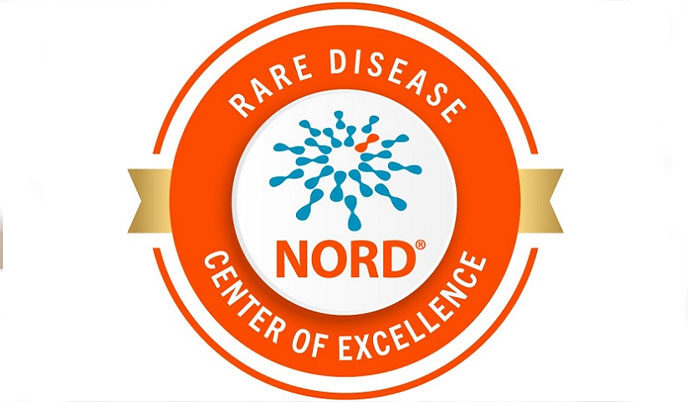
University of Wisconsin Center for Rare Diseases recognized by National Organization for Rare Disorders
The University of Wisconsin Center for Rare Diseases has been selected as a National Organization for Rare Disorders (NORD) Rare Disease Center of Excellence.
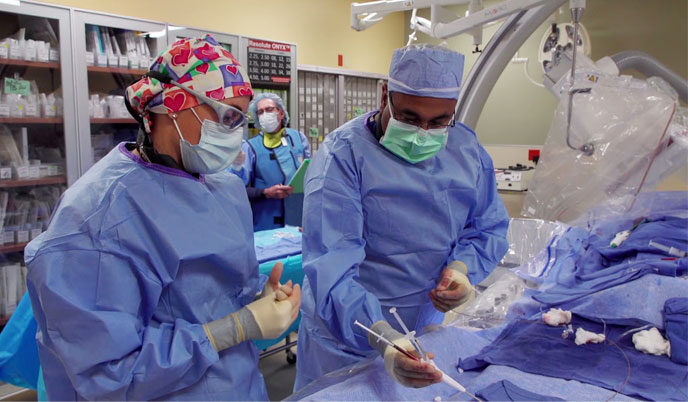
UW Health treats first patient in U.S. with investigational cell therapy for heart disease
Appleton resident Donald Krause became the first patient in the country last week to undergo an investigational cell therapy for a debilitating heart condition called chronic myocardial ischemia (CMI).
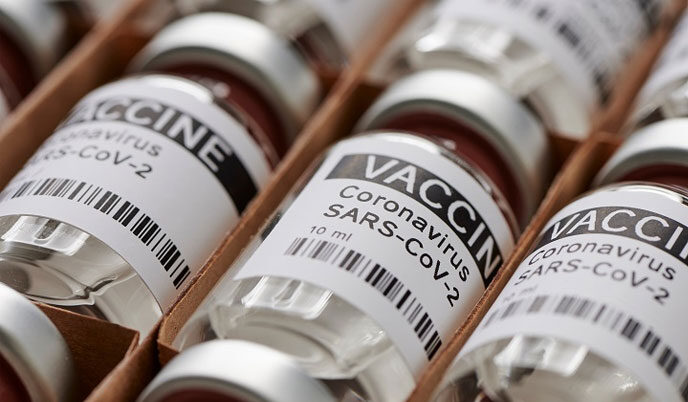
UW study examines allergic reactions to COVID-19 vaccines
Researchers from the UW School of Medicine and Public Health are seeking participants for a clinical study that examines whether the mRNA COVID-19 vaccines (Pfizer/BioNTech and Moderna) pose an increased risk for allergic reactions in individuals who are already considered “highly allergic.”
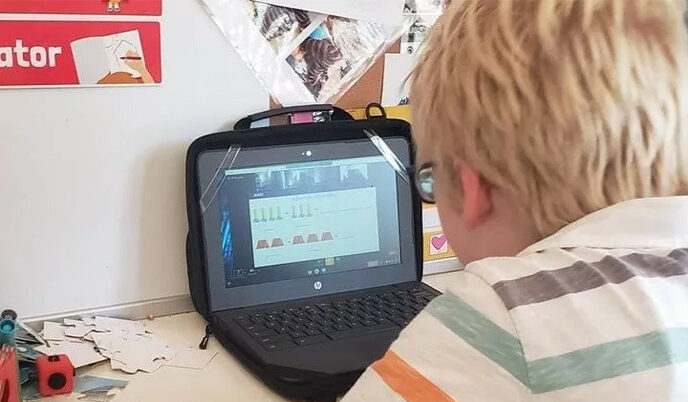
Pediatric research study aims to get medically complex K-12 students back to school safely
The last 18 months have been a struggle for 6-year-old Cade Moureau and his family.
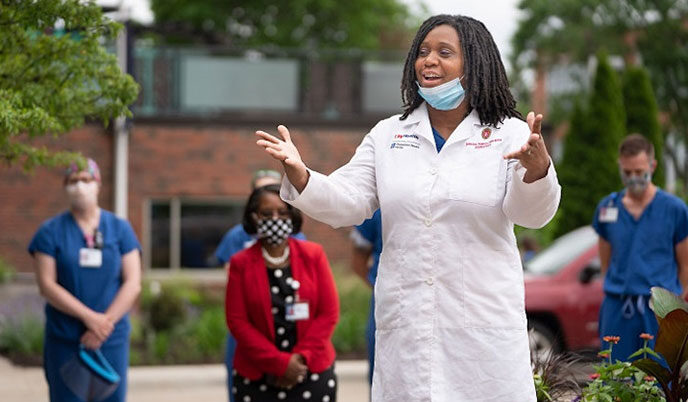
Jasmine Zapata recognized as ‘Superhero of Medicine’ by Wisconsin Medical Society
Jasmine Zapata, MD, MPH, assistant professor of pediatrics, didn’t expect to be called a superhero in her evening mail. But one night during a tiring week in late 2019 while sorting through mail she spotted a letter from the Wisconsin Medical Society. To her total surprise, she’d been named their next Superhero of Medicine.
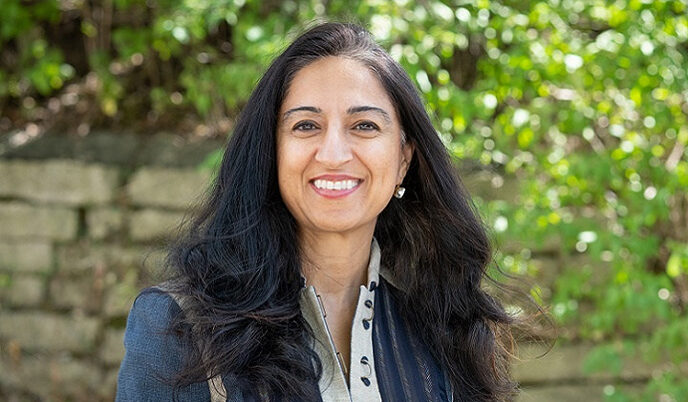
Nasia Safdar named inaugural associate dean for clinical trials
Nasia Safdar, MD, PhD, has been named the University of Wisconsin School of Medicine and Public Health’s inaugural associate dean for clinical trials and the research director of the new Wisconsin Medicine Institute for Clinical Trials, a joint venture between the school and UW Health.
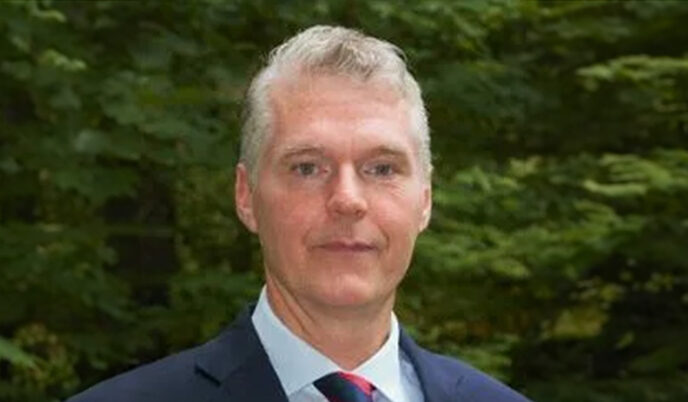
Brian Pogue selected as chair of Department of Medical Physics
An expert on innovations in medical imaging systems, Brian Pogue, PhD, will be the next chair of the Department of Medical Physics at the University of Wisconsin School of Medicine and Public Health. His anticipated start date is January 2022.

UW enrolling expectant mothers, families for childhood asthma and food allergies studies
Researchers at the University of Wisconsin School of Medicine and Public Health are recruiting expectant mothers and families to join two new studies designed to help experts better understand the causes of two of the most common chronic diseases in children: childhood asthma and childhood food allergies.
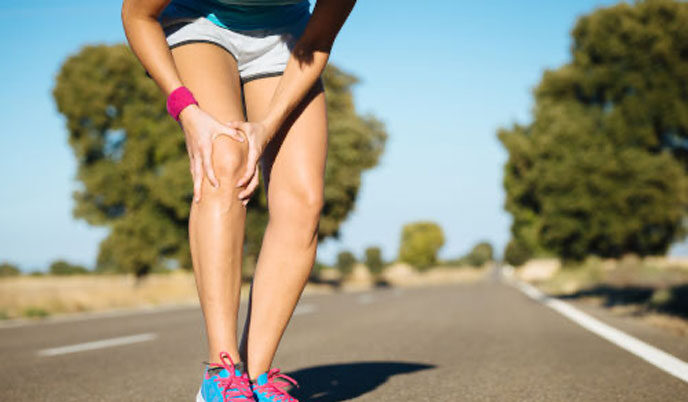
UW researchers to study risk factors for injury in high school runners
Researchers from the University of Wisconsin School of Medicine and Public Health are teaming up with more than 20 high schools across Wisconsin this fall to study how certain risk factors contribute to running-related injuries in high school cross country runners.
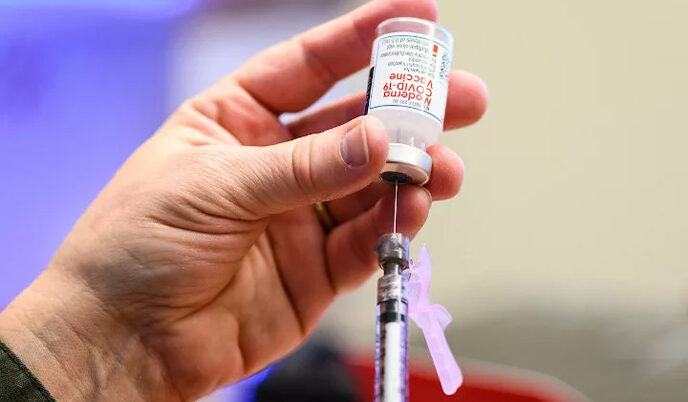
UW selected as site for Moderna COVID-19 vaccine pediatric clinical trial
Aug. 16, 2021 update: Thanks to overwhelming interest from our community, UW Health and the UW School of Medicine and Public Health have already met the recruitment objectives for Moderna’s pediatric COVID-19 vaccine clinical trial. If your child is selected to be part of the trial, you will be contacted directly. Advancements in science, public health, and clinical care often cannot happen without a supportive and engaged citizenry, and we greatly appreciate this community’s ongoing efforts to help end this pandemic.
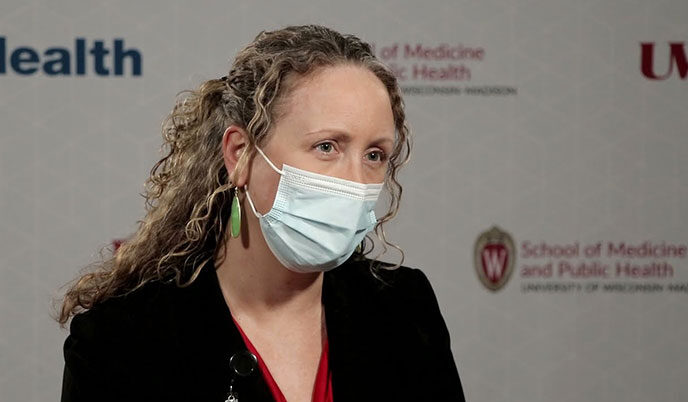
UW shows strong presence at Alzheimer’s Association International Conference
The world’s largest and most prestigious Alzheimer’s disease conference is underway this week, and UW Alzheimer’s disease researchers are attending in high numbers, leading several important discussions.

Dr. Ann Sheehy named a Robert Wood Johnson Foundation Health Policy Fellow
In recognition of her expertise as a physician and work addressing health equity issues, Ann Sheehy, MD, MS, associate professor of medicine and chief of the Division of Hospital Medicine in the Department of Medicine, was named a Robert Wood Johnson Foundation Health Policy Fellow by The National Academy of Medicine for the class of 2021-22.